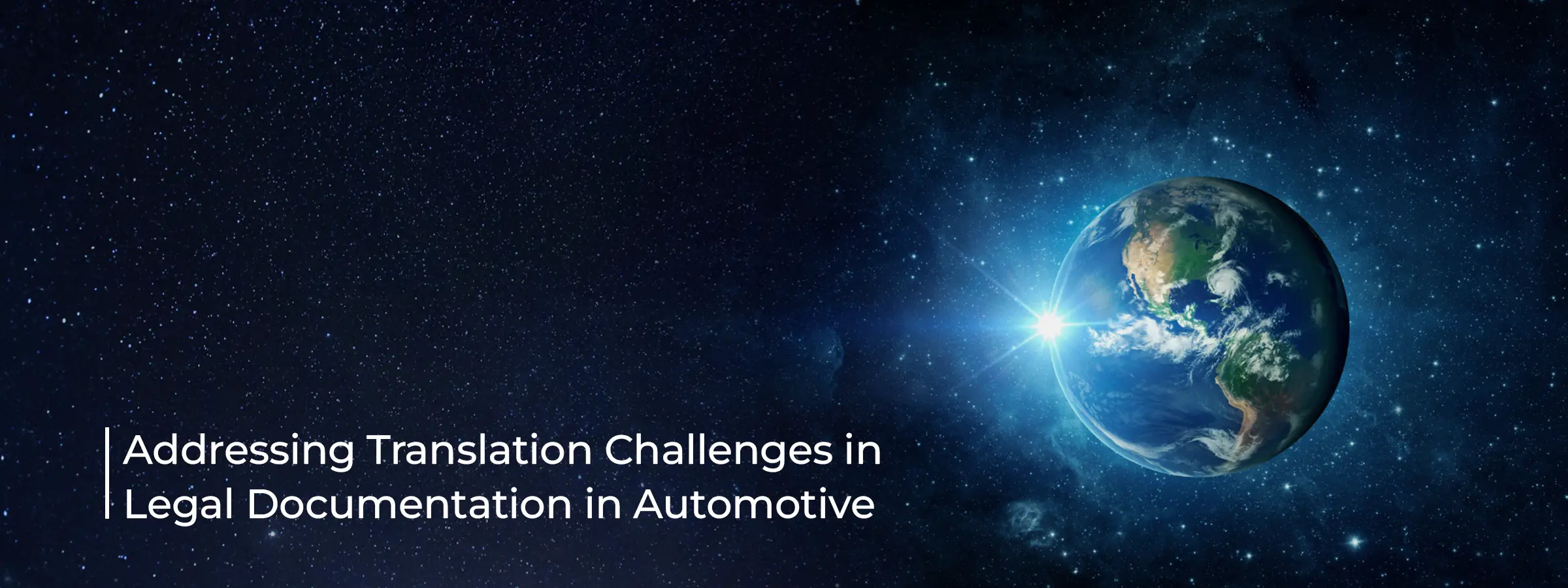
Legal documents, such as contracts, agreements, and regulatory filings, often contain highly specialized terminology and complex language that can be challenging to translate accurately. Ensuring that legal concepts and terms are translated correctly while maintaining clarity, integrity, enforceability and precision across languages is essential for effective communication and compliance.
Legal requirements and conventions can vary significantly from one jurisdiction to another, posing challenges for translating legal documents across different countries and regions. Translating legal documents requires an understanding and navigating these cultural and legal nuances of the target language to ensure that legal documents are interpreted and applied correctly and are legally valid and enforceable in the relevant jurisdictions.
Legal documents often contain sensitive and confidential information, including proprietary data, trade secrets, and intellectual property. Ensuring that translation processes adhere to strict confidentiality and security protocols is essential for protecting our confidential information and maintaining compliance with data protection regulations.
The accuracy and quality of translated legal documents are paramount, as errors or inaccuracies could have serious legal consequences. The accuracy and quality of translated legal documents are critical for avoiding misunderstandings, disputes, and legal liabilities. Implementing robust quality assurance processes, including proofreading, editing, and review by qualified legal experts, is essential for ensuring the accuracy and reliability of translated legal content.
The automotive industry is subject to a complex web of regulations and legal requirements, both domestically and internationally. Translated Legal documents must comply with applicable laws, regulations, and industry standards in each jurisdiction where they are used or enforced. Ensuring that translated documents accurately reflect the legal requirements and obligations specific to each jurisdiction is essential for maintaining compliance and mitigating legal risks.
Legal translation projects often have tight deadlines and require quick turnaround times to meet business needs and regulatory deadlines. Meeting these deadlines while maintaining translation quality and accuracy requires efficient project management and coordination with translation resources. Managing translation workflows efficiently, prioritizing urgent requests, and leveraging technology solutions such as translation memory and machine translation can help streamline the translation process and improve efficiency.
© 2024 WHITE GLOBE GROUP PVT LTD